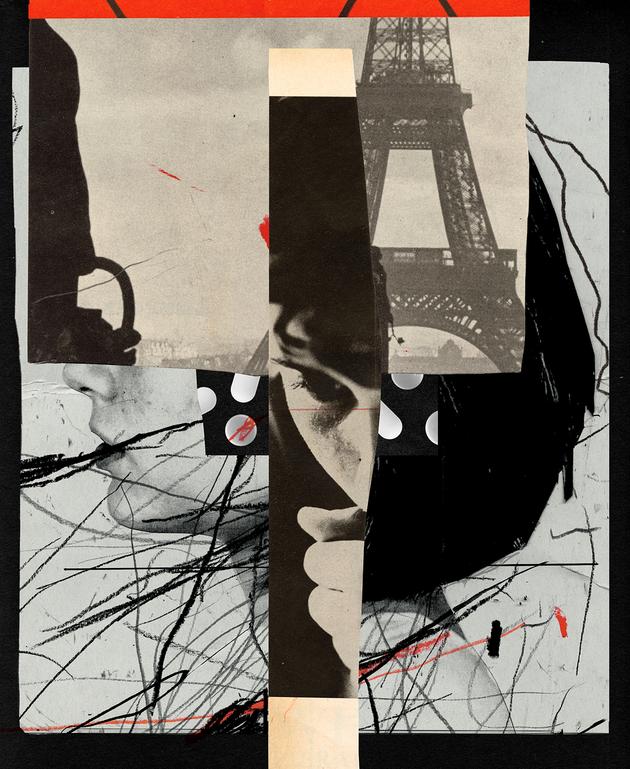

'Take this pill, it'll help you steal and you'll have money:' The child trafficking web behind the petty thieves of Paris' Trocadéro
FeatureThe trial of six Algerians accused of plying dozens of unaccompanied Moroccan minors with psychotropic drugs, in order to coerce them into robbing passers-by, opened in Paris on December 14.

It was the spring of 2021. As if out of nowhere, gangs of young boys, described as extremely violent, were wreaking havoc at the Parisian landmark Trocadéro, robbing tourists and passers-by, sometimes at knife-point or with a broken bottle. At the time, panicked by the outbreak of violence in this usually bustling but not dangerous tourist area, the authorities and media described the perpetrators – undocumented Moroccan teenagers – as abandoned drug-addicted delinquents. Less than three years later, another version of events has emerged: The children were encouraged to take psychotropic drugs by a group of adults who then forced them to commit robberies.
Six Algerian nationals accused of introducing dozens of minors to drugs between January 2021 and June 2022 are appearing before the Paris criminal court on charges of "aggravated human trafficking." They are also being prosecuted, along with a seventh defendant, for "receiving stolen goods" and "trafficking drugs and narcotics." None of their victims were over 17 at the time of the events. The youngest was 8 years old.
All these adults had to do was show up at the foot of the Eiffel Tower and look around to find their easy prey: skinny brown children with bruised faces, dirty jogging suits, sandals or sneakers with holes in them, and the dazed look of those who had arrived where they were promised life would be good, but had not found their El Dorado. "When I arrived at Gare Montparnasse, all I knew was the Eiffel Tower, so I asked where the Eiffel Tower was," Mohammed (no full names are given) told investigators.
Born in Tétouan, northern Morocco, in 2011, Mohammed crossed the Mediterranean to try his luck in Paris. Like his friends, he had seen YouTube videos in which Moroccans his age invent a dream life for themselves in Paris; they talk about their state-of-the-art game consoles and designer clothes, their "trips" to Europe and their great freedom. Children like Mohammed are not orphans, they leave their families voluntarily, crossing borders and the Mediterranean illegally.
Having arrived in France at the age of 10, Mohammed immediately fell into the hands of petty criminals who portrayed themselves as protectors. These men provide reassurance for these young people who have arrived in Europe without any reference points: They speak Arabic, they offer to house them and find them work, and they guide them around Paris. In reality, the adults see these kids as a "large labor pool," in the words of the investigators.
You have 85% of this article left to read. The rest is for subscribers only.
